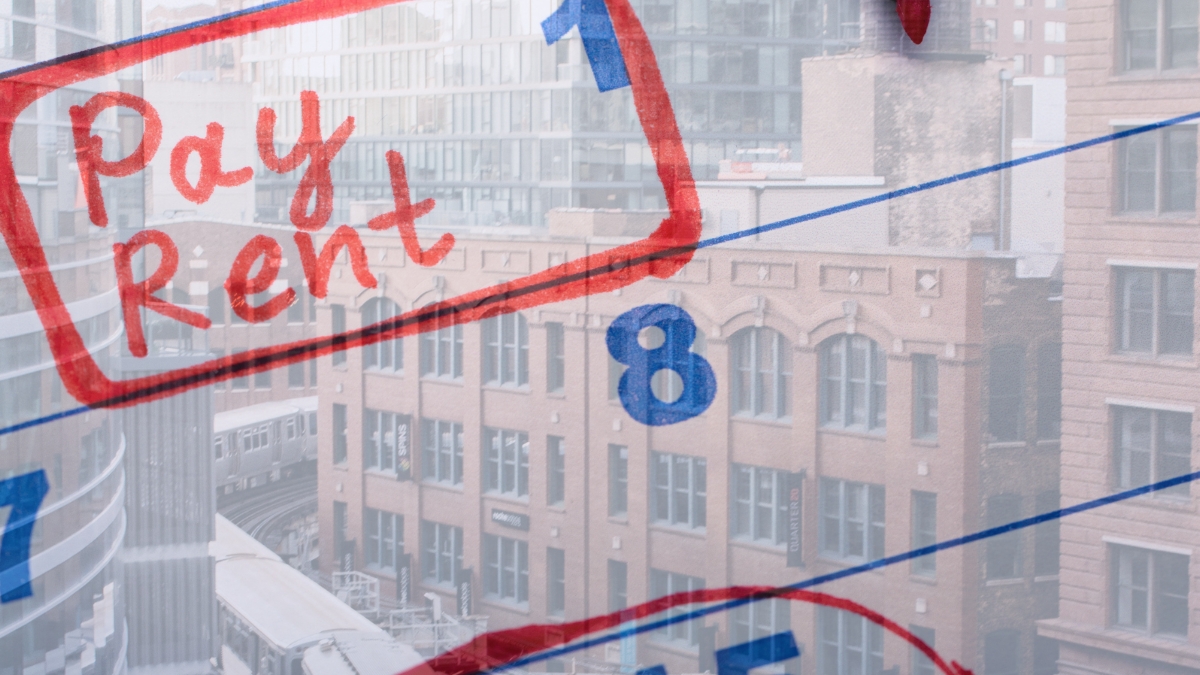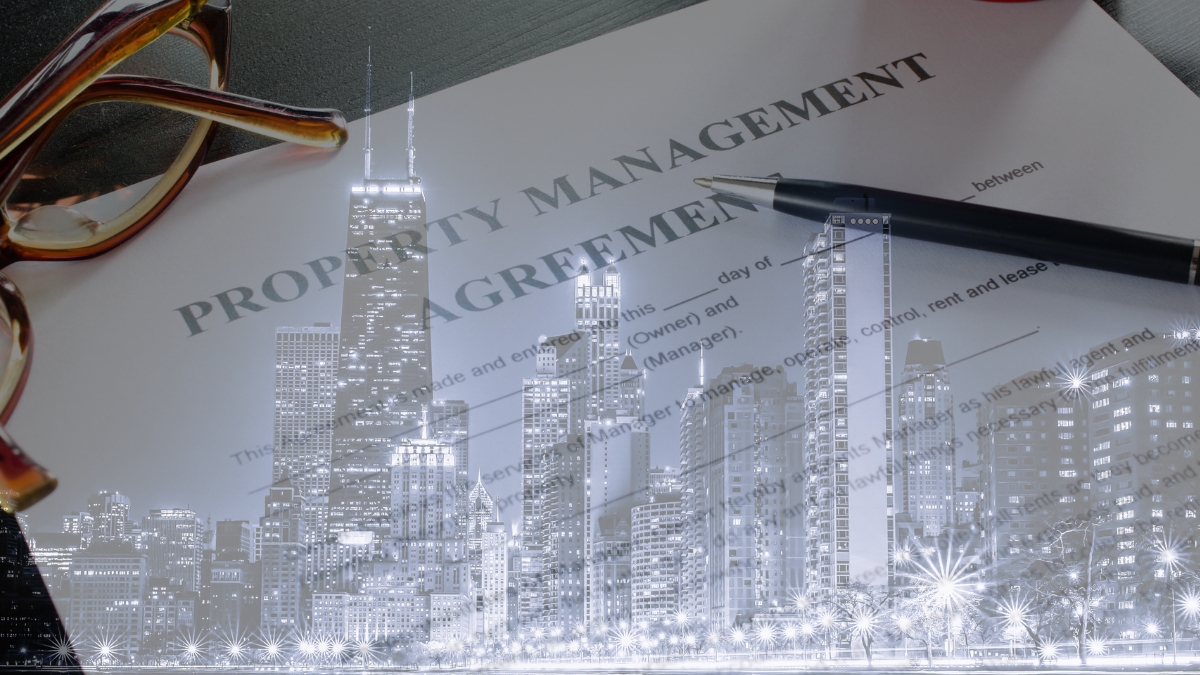As a Chicago landlord or investment property manager, dealing with late rent payments is part of the job. From seasonal slowdowns and job losses to unexpected emergencies, tenants can fall behind on rent for a variety of reasons. While some circumstances genuinely call for flexibility, others may signal deeper financial issues that could impact your long-term investment income.
So, how do you decide which excuses are worth accepting and which require a firm response?
At Landmark Property Management, we’ve worked with countless Chicago owners and investment clients to find the right balance. Here’s what every property manager in Chicago should know when handling late rent payments.

Why Timely Rent Payments Matter
On-time rent payments are the foundation of successful Chicago property management. They ensure steady cash flow, allow for timely maintenance and repairs, and support long term landlord-tenant relationships. For multi-unit buildings, delayed payments from one tenant can disrupt the planned budget and delay repairs and upgrades that benefit all tenants, affecting the entire property management operation.

6 Common Late Rent Excuses Chicago Property Managers and Landlords Hear
Not every late rent story is a lie. Many tenants face real hardships, while others may be testing boundaries. Here are some of the most common excuses management will hear:
1. "I lost my job."
Chicago's job market can be unpredictable, especially in industries like hospitality or retail. While unemployment is a legitimate concern, this excuse is more understandable for tenants with a strong history of timely payments.
2. "My paycheck was delayed."
This is common among gig workers or small-business employees. Consider allowing a short extension if it’s a one-time issue and the tenant communicates early.
3. "There was a family emergency."
Personal crises do happen. If a tenant has documentation and a track record of responsibility, offering a brief grace period might be reasonable.
4. "The rent payment system wasn’t working."
Tech glitches can occur, but this should be a rare excuse. Ensure your property management service offers multiple payment options and tracks system updates or outages to verify this claim.
5. "I had unexpected medical expenses."
Medical debt can derail even the most organized tenant. Ask for supporting details before agreeing to a payment plan.
6. "I forgot."
Unless it’s a first offense, this typically signals a lack of responsibility. Consider reinforcing late fees or taking further steps if this becomes a pattern.

Which Excuses Are Reasonable (and Which Aren’t)?
Reasonable Excuses:
Job loss (with proof and history of timely rent)
Medical or family emergencies (with documentation)
Temporary delay in income (when communicated ahead of time)
Unreasonable Excuses:
Repeated claims of forgetfulness
"The check is in the mail" without evidence
No communication until after the due date
As a landlord, trust your instincts but also take a structured approach. Document all excuses and look for patterns of chronic lateness before you respond. What’s more important than the excuse itself is the plan to get back on track. After getting to the bottom of why the rent is late, make sure to get a specific plan to get the balance paid in writing. If the balance needs to be divided up into payments, make sure to get agreed upon dates and payment amounts in writing.
The bottom line: Having a property management team to help with these issues can make owning rental properties much more manageable.

Steps to Take When Rent Is Late
Review the Lease Agreement: Ensure tenants know late fees, grace periods, and payment expectations.
Send a Friendly Reminder: A short, professional message can prompt action without creating conflict.
Follow Up with a Formal Notice: If the payment is still missing, send a formal notice outlining the amount due and the next steps.
Offer Payment Plans Wisely: If the excuse is valid and the tenant has a solid history, a one-time payment plan can help preserve the relationship.
Document Everything: Keep records of all communication, promises made, and follow-up steps. This will protect you legally and help you make informed decisions.
Legal Considerations for Chicago Landlords
Chicago has specific regulations under the Chicago Residential Landlord and Tenant Ordinance (CRLTO). Key things to remember:
Grace periods are allowed but must be clearly stated in the lease.
Late fees are capped at a percentage of the monthly rent.
Proper notice must be provided before taking legal action or starting eviction.
Working with experienced Chicago property management services ensures compliance with local laws while protecting your investment.

How Chicago Property Management Services Helps You Handle Late Rent
At Landmark Property Management, we offer more than just rent collection. We provide quality services, including:
Tenant screening services to reduce late payments before they happen
Automated rent reminders and online payment portals to streamline the process
Conflict resolution support to keep relationships respectful and professional
Legal guidance and documentation to ensure compliance and protect your rights
When you partner with Landmark, you get the peace of mind of having a reliable property manager in Chicago.
Don’t Let Late Rent Disrupt Your Business. We’re Here to Help!
Late rent payments are stressful, but they don’t have to derail your operations.
You can maintain healthy tenant relationships and protect your bottom line by knowing which excuses to accept, communicating clearly, and setting firm but fair boundaries. Working with a property management company helps alleviate the stress of managing and negotiating on your own.
Need help with rent collection or tenant communication? Contact Landmark Property Management—your trusted partner in Chicago property management for handling late rent with confidence, professionalism, and legal peace of mind.







